Introduction to BRIAN – Monday 29th April, 10.00-11.00 Talbot campus
BRIAN (Bournemouth Research Information And Networking) is BU’s publication management system.
This introductory session is aimed at those who are new to BU, or have not updated their staff profile for a while. It will cover the basics of BRIAN, including how to use BRIAN to manage your research outputs, biography and research interests, professional activities and more.
By the end of the session, attendees will have an understanding of BRIAN and how it relates to Staff Profile Pages, how to create and update items and activities, how to claim/create/import publications, as well as how to upload full text articles to BURO (Bournemouth University Research Online).
Book your place here by selecting ‘Introduction to BRIAN – 29/04/24’ in the drop down menu. Please note, attendees will need to bring their laptops.
For any queries regarding this workshop, please contact rkedf@bournemouth.ac.uk

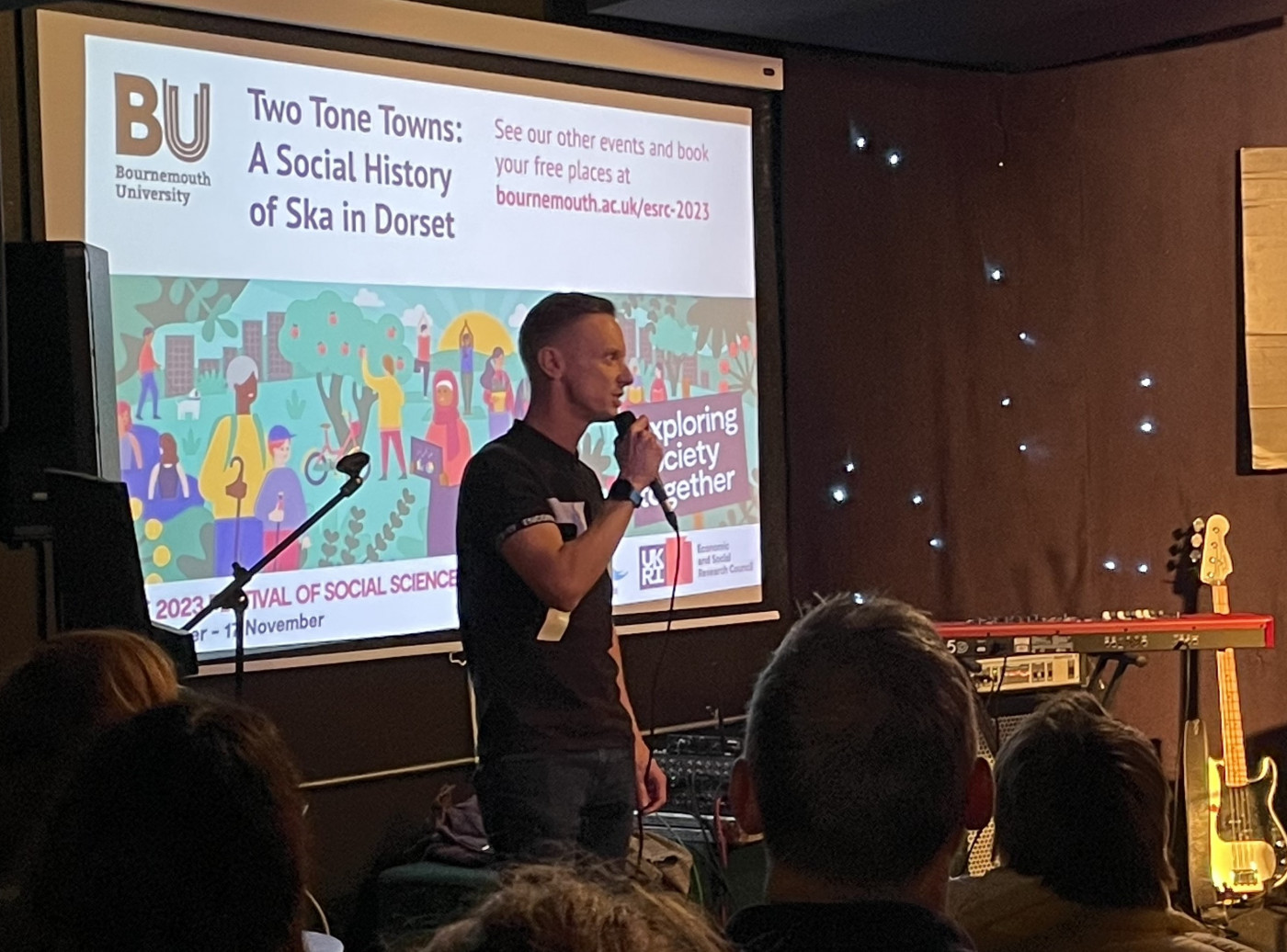 A fantastic opportunity to showcase your social science research!
A fantastic opportunity to showcase your social science research!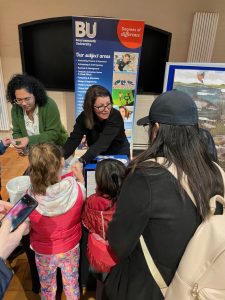 The annual Family Science Day in Dorchester on Sunday, 17th March 2024, was a vibrant celebration of the British National Science Week. This free event aims at making science accessible and engaging for families, providing a platform for learning and discovery in a fun and interactive way. With an attendance of 800 enthusiastic visitors, the event showcased 20 hands-on science stalls. BU was represented by staff, undergraduate and postgraduate students, and postdoctoral researchers. Contributors included Demetra Andreou (Fish Through Time), Amanda Korstjens (Voices in the Jungle), and Genoveva Esteban (Hidden World of Microbes), alongside Kirthana Pillay (postdoctoral researcher) and undergraduate students Dan Stevens and Jacob Tate from the Department of Life and Environmental Sciences. Xun He (Head of MINE Research Cluster, Psychology) and Fred Charles (Head of Department for Creative Technology) led a stall on Measuring Social Behaviour with VR & Brainwaves, with assistance from PhD student Damla Kuleli, research assistant Charlie Lloyd-Buckingham, and BU alumnus Rianna Green. BU Student Ambassador Lily Bater provided exceptional support throughout the day.
The annual Family Science Day in Dorchester on Sunday, 17th March 2024, was a vibrant celebration of the British National Science Week. This free event aims at making science accessible and engaging for families, providing a platform for learning and discovery in a fun and interactive way. With an attendance of 800 enthusiastic visitors, the event showcased 20 hands-on science stalls. BU was represented by staff, undergraduate and postgraduate students, and postdoctoral researchers. Contributors included Demetra Andreou (Fish Through Time), Amanda Korstjens (Voices in the Jungle), and Genoveva Esteban (Hidden World of Microbes), alongside Kirthana Pillay (postdoctoral researcher) and undergraduate students Dan Stevens and Jacob Tate from the Department of Life and Environmental Sciences. Xun He (Head of MINE Research Cluster, Psychology) and Fred Charles (Head of Department for Creative Technology) led a stall on Measuring Social Behaviour with VR & Brainwaves, with assistance from PhD student Damla Kuleli, research assistant Charlie Lloyd-Buckingham, and BU alumnus Rianna Green. BU Student Ambassador Lily Bater provided exceptional support throughout the day.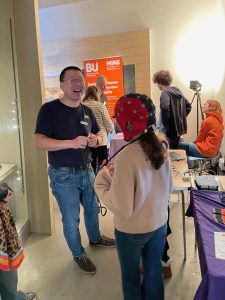
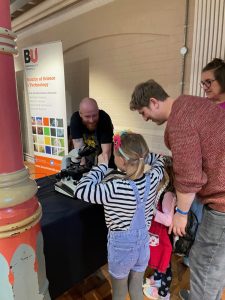
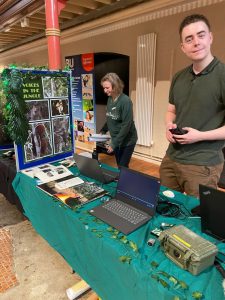
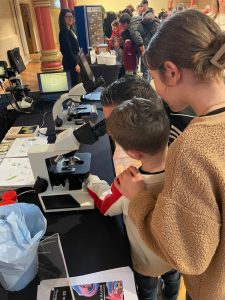


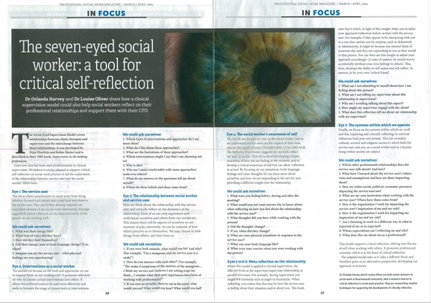



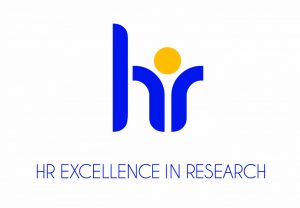 The BU
The BU 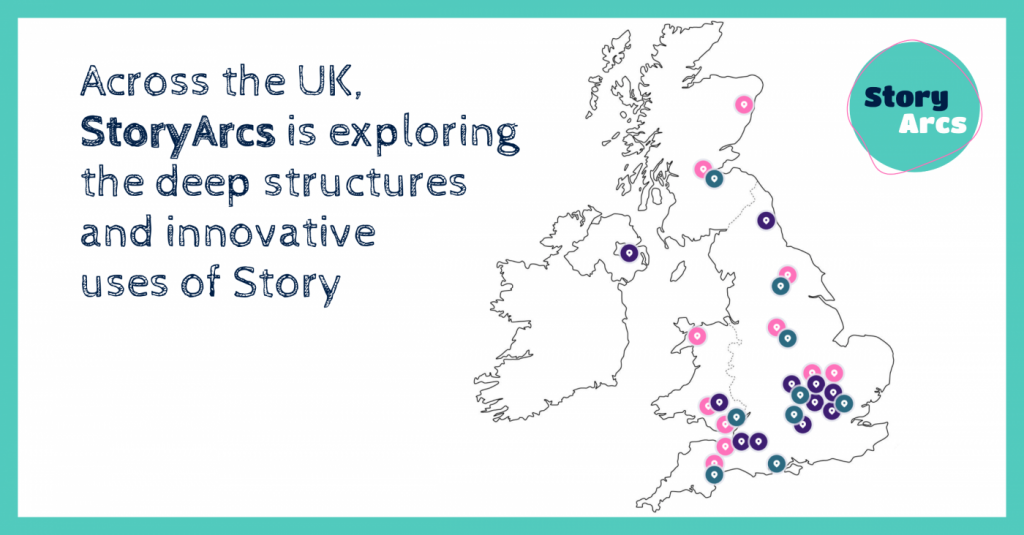



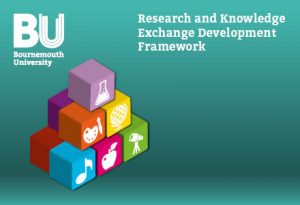 Research Leadership: Leading the Development of a Project for Funding
Research Leadership: Leading the Development of a Project for Funding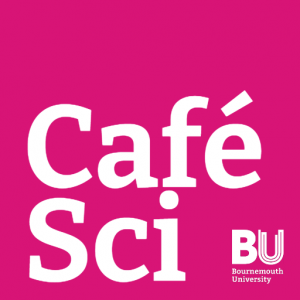











 Conversation article: London Marathon – how visually impaired people run
Conversation article: London Marathon – how visually impaired people run Horizon Europe News – December 2023
Horizon Europe News – December 2023